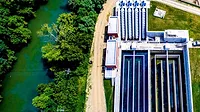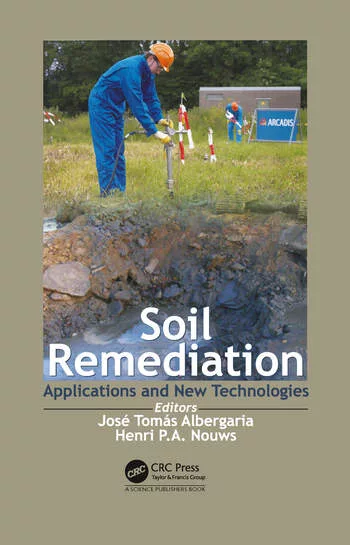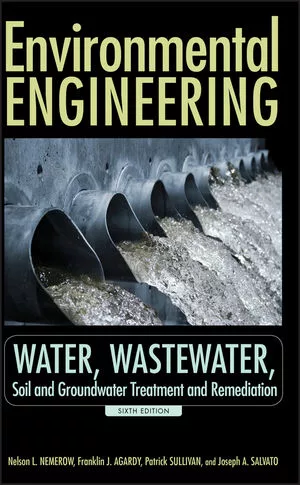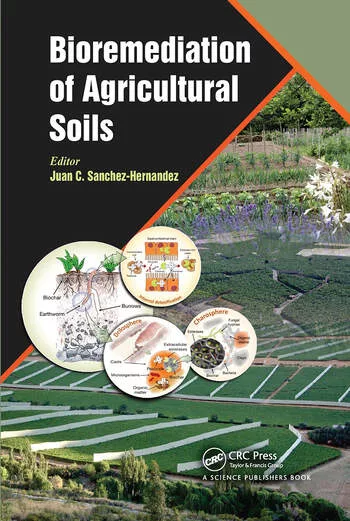Water well contamination frequent on farms, new study shows
Reverse osmosis and arsenic filters provide homeowners with tools for clean water.
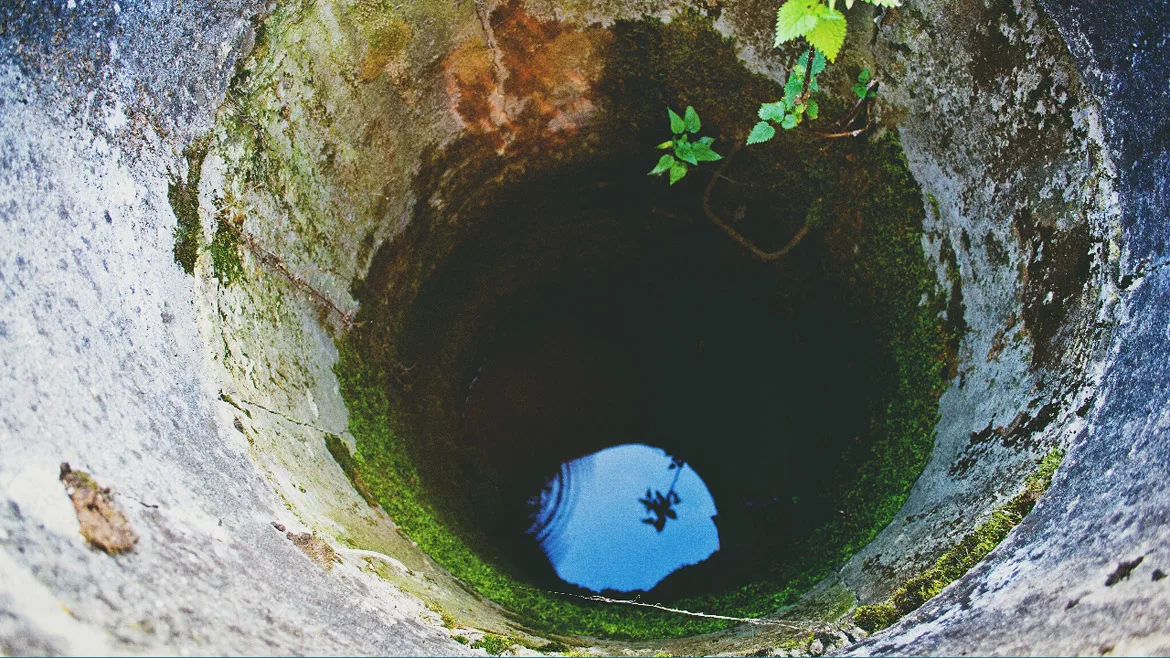
Groundwater sampling across the state suggests that for the 13% of Marylanders who get their water from individual wells, many are getting a dose of bacteria with each sip.
Andrew Lazur, University of Maryland Extension (UME) water quality specialist, collected water samples from 75 farm wells statewide in 2022 to analyze for various contamination parameters. He found that 39% of the wells tested positive for the presence of coliform bacteria, and 10% had evidence of E. coli. Both are indicators of animal waste contamination and have the potential to cause serious illness.
The testing illustrates that residents on well water often don't know exactly what's in the water they're drinking, and they are given little guidance on maintenance as they alone are responsible for the quality of their wells, said Lazur.
"Maryland doesn't have a lot of data on well water quality, and collecting more data helps to point at what, if any, issues exist," said Lazur, who teamed up with extension agricultural agents to work with farms across Maryland. "I was really interested in working with the farming community because, essentially, 100% of them are on well water."
Partnering with Rachel Rosenberg Goldstein, director of the UMD School of Public Health Water Quality, Outreach, and Wellness (WOW) Lab, as well as with Virginia Tech, Lazur had the samples analyzed for coliform bacteria, E. coli, nitrates and the presence of metals like copper, arsenic and lead, among other hazards. The presence of bacteria, while concerning, wasn't particularly surprising.
"The well cap could be cracked, or the casing could have a hole in it where bugs can get in; and bugs can die and fall into the water, causing the bacteria," he said. "It doesn't necessarily mean that the septic, or the neighbor's septic, is contaminating the well, but it is an indicator of a potential problem."
In addition, about 30% of the tested wells had sodium levels higher than the Environmental Protection Agency's drinking water advisory levels, 5% had high levels of nitrates, and samples from three wells indicated the presence of arsenic.
"Most of these things are easy fixes. Sodium can be caused by water softeners used to reduce calcium and scaling in that water, but a homeowner can put in a reverse osmosis filter under their sink for drinking and cooking. If there's arsenic, there's a filter for that," Lazur said. "There's a filter for everything."
Farm owners cannot typically detect the presence of bacteria or heavy metals by taste or even odor, so Lazur doesn't recommend indiscriminately installing filters on the water systems. Instead, they should have their water tested annually by a certified state lab to determine any potential contaminants and solutions, he said.
"It costs money to install these filters and if they're not maintained properly, they could do more harm," he said.
As a final step in the farm water analyses, 60 samples will be chosen for pesticide screenings. While this lab work will not quantify the amount of common pesticides in the water, it will determine whether those contaminants are present and if more research needs to be conducted, Lazur said.
"I hope people take drinking water quality seriously," he said. "This work is rewarding because you're helping somebody's health."
With the new baseline data generated through this research, Lazur and UME team members will share information and recommendations for maintaining safe, healthy drinking water on farms and in rural communities throughout the state.
"You are what you drink, just as much as you are what you eat," said Lazur.


